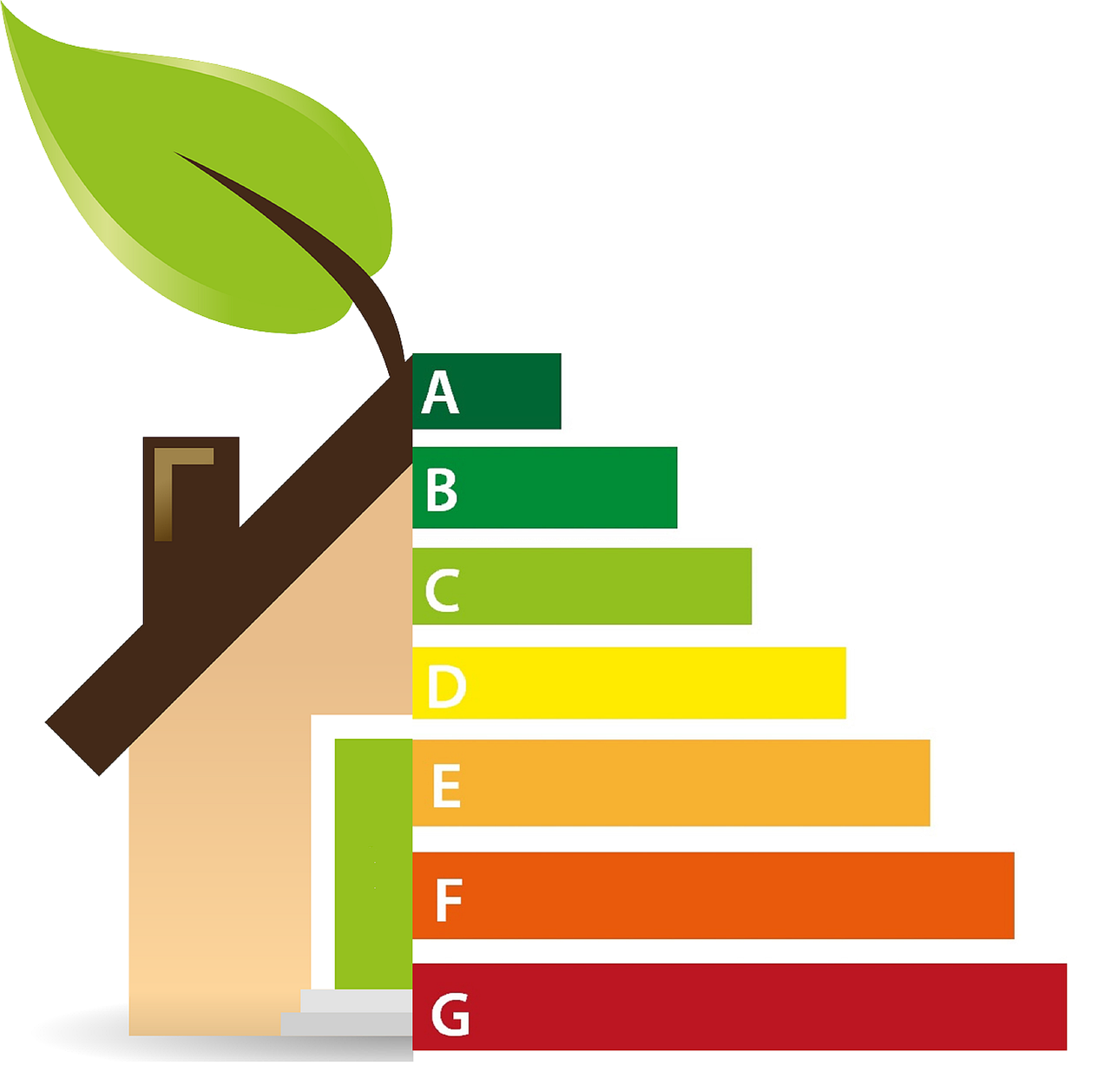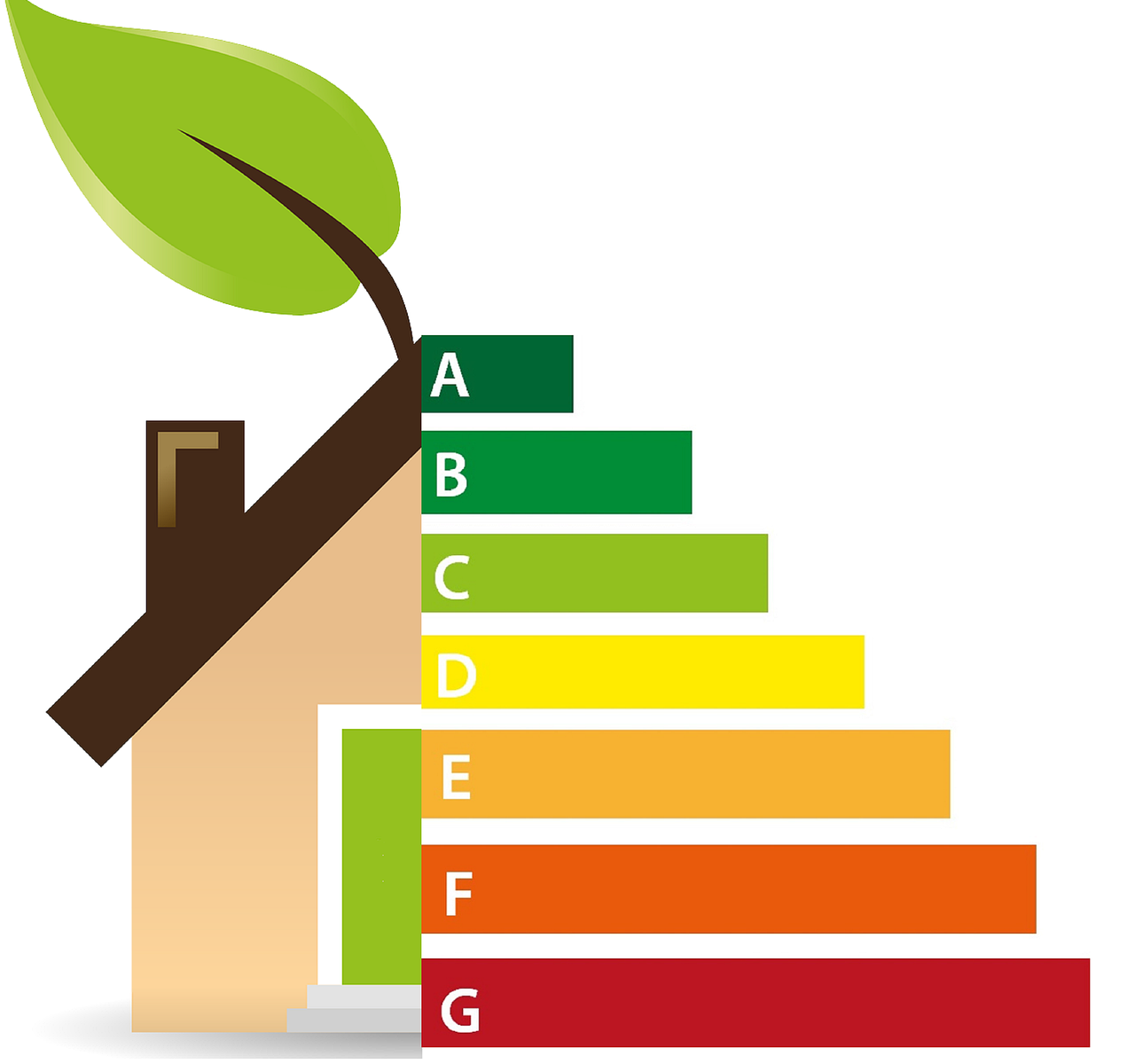
Why don’t residential Energy Performance Certificates (EPCs) predictions agree with metered energy consumption and what impacts could this have on the design of the future energy system? Applications are now open for a studentship at UCL in collaboration ETH Zurich and the Lab for Energy Systems Analysis at the Paul Scherrer Institute, Switzerland.
Supervisors: Professor Tadj Oreszczyn and Dr Jessica Few of UCL Energy Institute and Professor Russell McKenna of ETH Zurich.
Funding: The studentship will cover UK course fees and an enhanced tax-free stipend of approx. £22,000 per year for 4 years along with a substantial budget for research, travel, and centre activities.
Fees: ERBE CDT has very limited funding for applicants requiring coverage of overseas fees. We advise all interested applicants to be familiar with the changes to EU and International Eligibility for EPSRC/UKRI funded studentships
Dates: 4 years from September 2023
Context and Project description:
Energy Performance Certificates (EPCs) are a cornerstone of domestic energy demand policy. However, recent work identifies a systematic over-prediction by the EPC model, with an increasing discrepancy in lower efficiency bands (bands D-G), suggesting that many homes could be in the wrong EPC band. This potentially affects their value, eligibility to access grants for energy efficiency improvements (such as the new ECO+ scheme), and fuel poverty classification (A-C homes cannot be classed as in fuel poverty). The implications for the current government ambitions, including that all homes are upgraded to EPC-C by 2035 and that there will be 600,000 heat pump installations by 2028, are currently unclear. It is therefore imperative that reasons for the discrepancy are understood, and improvements made in a timely manner. Moreover, the current government attention via the EPC Action Plan means this an opportune moment to pursue this research.
This PhD would seek to identify causes of the discrepancy and identify practical improvements to the EPC process. Depending on the strengths and interests of the candidate, the research could be purely technical or also include sociotechnical aspects. Technical work could explore the effect of the use of default values in the EPC model, the breakdown and profiles of energy demand for different uses including heating, hot water, and appliance use, or quantification of the impact of mis-rating homes. The process of rating a home is complex sociotechnical phenomenon in which the EPC assessors and the customers play a key (but often overlooked) role. A sociotechnical dimension could seek to understand how EPC assessors use the assessment methodology in practice and help to identify steps for improving the practical implementation of EPC assessment process.
The analysis would align with ongoing research interests within the Smart Energy Research Lab (SERL) team and would tap into SERL Observatory dataset one of the most comprehensive data sets of domestic energy consumption in Europe with detailed data from a representative sample of 10,000 GB homes – an innovative dataset which includes linked smart meter, EPC, sociotechnical survey, and weather data. The project would involve comparing the metered energy use to half hourly models of energy use and examine the impact that the performance gap may have on future energy system design. The research would also have an international dimension as similar EPC performance gaps have been identified in Ireland and Belgium. The research will be undertaken in partnership with the Chair of Energy Systems Analysis at ETH Zurich and the Lab for Energy Systems Analysis at the Paul Scherrer Institute, Switzerland.
Studentship aims:
The aims of the project will be to improve the energy labelling of buildings to support the future decarbonisation and energy security of the residential building stock.
Person specification:
Applicants should have a good engineering or physical science background with strong data analytic capabilities with an interest in multidisciplinary research.
A minimum of an upper second-class UK Bachelor’s degree and a Master’s degree, or an overseas qualification of an equivalent standard, in a relevant subject, is essential. Exceptionally: where applicants have other suitable research or professional experience, they may be admitted without a Master’s degree; or where applicants have a lower second-class UK Honours Bachelor’s degree (2:2) (or equivalent) they must possess a relevant Master’s degree to be admitted.
Applicants must also meet the minimum language requirements of UCL
Applicants should be familiar with the changes to EU and International Eligibility for UKRI funded studentships.
How to apply
All CV’s and Cover Letters must be completely anonymised and not contain any references to protected characteristics, such as gender, ethnicity or race.
Please submit your application by email to the UCL ERBE Centre Manager (bseer.erbecdt@ucl.ac.uk) with Subject Reference: 4-year PhD studentship in ‘Exploring the performance gap between real buildings and their energy labels’
The application should include each of the following:
1) An anonymised Cover Letter clearly stating why you are applying and how your interests and experience relate to this project, and your understanding of eligibility according to these guidelines: EU and International Eligibility for EPSRC/UKRI funded studentships
2) An anonymised CV
3) Complete the CDT EPSRC Eligibility Questionnaire and EDI Questionnaire via the linked Microsoft Forms.
Only shortlisted applicants will be invited for an interview.
• For the interview shortlisted candidates will be asked to show proof of their degree certificate(s) and transcript(s) of degree(s), and proof of their fees eligibility.
• The interview panel will consist of the project’s academic supervisors at UCL and a representative of the ERBE CDT Academic management. The interview will include a short presentation from the candidate on their ideas of how to approach this PhD project.
Following the interview, the successful candidate will be invited to make a formal application to the UCL Research Degree programme for ERBE CDT.
Deadline for applications: 9th July 2023 @ 23:59 (UK time)
Interviews week commencing: TBC
For further details about the admission process, please contact: bseer.erbecdt@ucl.ac.uk
For any further details regarding the project, contact Professor Tadj Oreszczyn, t.oreszczyn@ucl.ac.uk
You will be undertaking this project:
- In UCL at the main (Bloomsbury) campus as part of the new EPSRC-SFI Centre for Doctoral Training in Energy Resilience and the Built Environment (ERBE CDT). This is a collaboration between UCL, Loughborough University and Marine and Renewable Energy Ireland (MaREI). For more information please see http://erbecdt.ac.uk
- Project partners are the Chair of Energy Systems Analysis at ETH Zurich and the Lab for Energy Systems Analysis at the Paul Scherrer Institute, Switzerland, and students will have be encouraged to visit Zurich during the PhD.

